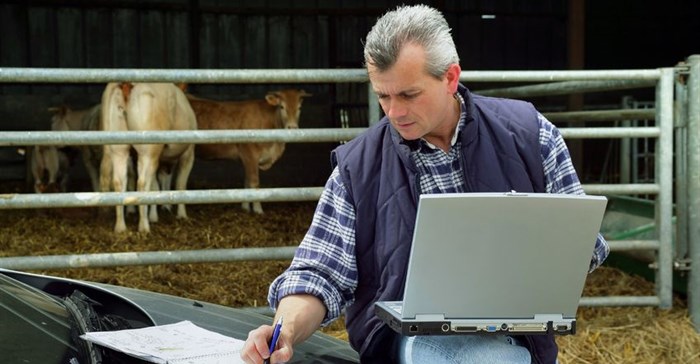According to Nico Groenewald, Head of Agribusiness for Standard Bank, although the macroeconomic environment is likely to remain uncertain in the short to medium term, primary producers can still prosper if they focus on what they can, themselves, change.
Speaking at the second biannual Citrus Growers Association (CGA) Summit, held earlier this month, Groenewald said: “Without a view on the macroeconomic environment, it’s difficult to set a road map for your business. But once you have a market context, the most sustainable thing to do is focus on those things in the business over which you have direct control.”
Agility and adaptability critical
“Of those, the most critical is developing agility in strategy and process, so that you can continuously adjust what you do to take the best advantage of external factors. Then base your business model and capital structure on your current competitive edge, knowing that you can change the edge if you need to.”
Groenewald pointed out that the citrus industry was one of the agricultural sub-sectors over the past six years to have shown double-digit growth. This is a reflection of agriculture’s general adaptability, with the industry having evolved over the past decade from an almost exclusive emphasis on field crops and livestock to much more investment of resources and effort into horticulture.
“Citrus’ sustained growth is also a reflection of shifts in the markets, with consumer tastes trending increasingly towards fresh produce and the high quality of the South African product, making it a globally valued export commodity.”
Groenewald cited a number of uncertainties that would influence producers’ future planning:
Global politics and protectionist policies
The potential protectionist policies of America’s new Republican government could have a global impact, with the United States influencing 20% of the world’s GDP and 12% of its trade. The European Union is also in a state of flux, with Britain leaving the Union in March – and the pound’s value consequently under duress – and elections due during the year in France, Holland, and Germany, and in 2018 in Italy. All of this political activity is being impacted by growing popular support for right-wing parties and protectionist strategies.
Land policies
Worldwide, fiscal policies aimed at triggering economic growth have not had the desired effect. The global economy remains sluggish. At home in South Africa, uncertainty regarding land policies could inhibit proactive agribusiness expansion or acquisition strategies. This could also protract new investment in agriculture and, therefore, limit the entry of a new generation of producers. This makes succession planning difficult and, in the long term, could threaten food security as producers age out of the sector.
“While we hope for early resolution of these kinds of issues, as Standard & Poor points out, government’s ability to move on its fiscal policies is constrained,” Groenewald says.
Water management
“This will feed into another challenge for the industry: an increased and continuous focus on an over-arching water management strategy that must urgently reduce our tremendous waste of water as a society.” South Africa is the world’s 30th driest country, yet our per capita usage of water is 26% higher than the world average. At 60%, agriculture is the country’s largest user of water.
“Most of our agricultural products, including citrus, is produced under irrigation,” Groenewald explains. “So we can’t necessarily reduce the percentage of water the industry uses, but it must use water more efficiently. Ideally, we should aim to produce more food with less water.
“In addition, there should be national integration of water-usage activity and policies, so that synergies between industry and the rest of society and its commercial activities can be exploited to the benefit of the country.”
Other challenges, such as climate change, consumer demand for more humane treatment of livestock, the need to integrate technology and biotechnology into the value chain, and the worst drought in sixty years have also played a role in the industry that has so far endured several consecutive quarters of negative growth.
However, agriculture remains a major contributor to the country’s economy. Its contribution to GDP is about 2%, but considering forward and backward linkages, and the multiplier effect, it can be in excess of 10%. This makes it a significant vehicle for job creation.
Responding to a complex environment
In answer to the complexity of the external environment, Groenewald believes that producers should aim for simplification. “Strip your decisions down to what will, firstly, give the business a stable operational foundation. Ensure that you have a safe place from which to start introducing change. This includes understanding how you currently make your money, having a secure source of capital, and structuring its use in the business appropriately.
“Secondly, start to build in agility. Look for a competitive edge. Do you need a better or different product? Do you need to access different markets? Do you know who your competition is? How do you plan to handle competition? Do you have the right leadership in place? “In other words, be fearless about defining what needs to change in the business, and be objective about how much of it you can control. Then, be decisive about doing what needs to be done.”






















































